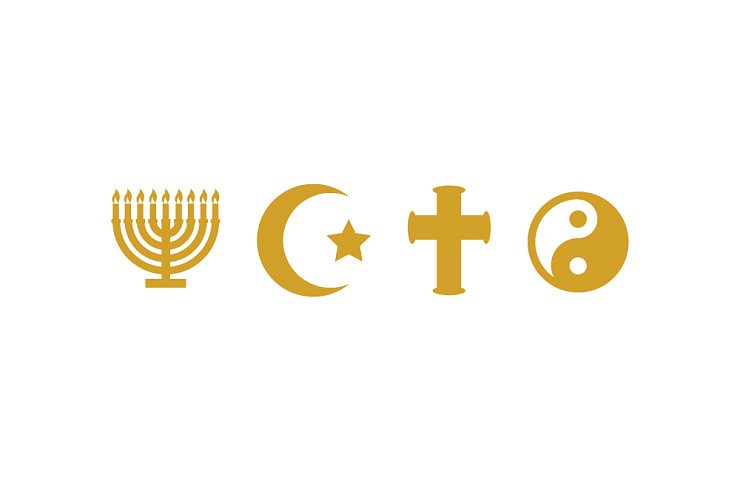December hosts a myriad of multicultural holidays, celebrations and festivals, including Christmas, Hanukkah, Kwanzaa and the Festival of Human Achievement and Accomplishment. While many participate in different celebrations and some choose to abstain, understanding other people’s cultures and traditions is one of the best things that we can do for each other.
Christmas
Mechanical engineering freshman, Marissa Borchering-Foster of Illinois starts off the holiday on Christmas Eve with a trip to her mother’s family home where gifts are exchanged. The next morning, she opens gifts with her immediate family, all dressed in the years’ newest set of Christmas pajamas. Later in the day they head to her paternal grandparent’s home open more gifts, eat, drink and be merry.
Biology sophomore major Ikem Iguh also celebrates Christmas with his family over a two-week period in Nigeria, Africa, with the final celebration culminating on Christmas Day.
Iguh’s family buys goat meet and chicken, they also eat dishes like fufu and jolluf rice. He and his family celebrate the holiday by giving back to the community and volunteering their time to help widows and single mothers. Christmas Day begins and ends with a prayer, with the annual town soccer match in between.
Hanukkah
Hanukkah is a traditional eight-day Jewish holiday held in celebration of the “triumph of light over darkness,” hence its alternate title the Festival of Lights. At the center of Hanukkah is the nightly lighting of the Menorah. During Hanukkah, it is customary to eat foods in fried oil, play with the dreidel and give Chanukah gelt, gifts of money, to children.
Kwanzaa
Kwanzaa is a non-religious festival kept by many African Americans in celebration of African American culture, heritage and traditional values. Kwanzaa is celebrated from Dec. 26 through Jan. 1. The festival was introduced to the U.S. in 1966 by Maulana Karenga in an attempt to provide a meaningful alternative to what is called “the commercialization of Christmas.” Kwanzaa celebrates the history of African Americans with the five common values of ingathering, reverence, commemoration, re-commitment, and celebration. During the festival of Kwanzaa, people celebrate by giving gifts and eating food.
Festival of Human Achievement
Freshman Kaylin Grant does not personally celebrate any holiday, but would like to begin celebrating the Festival of Human Achievement, which is observed on Dec. 23 every year.
“It’s like Christmas for atheists, or secular humanists. Everyone likes a sense of community. Atheists like gifts too.”
Grant was raised as a Mormon and upon exploring other religions she found that she wanted to celebrate the Festival of Human Achievement, which celebrates human accomplishments and being together. Grant said because she it’s a lifestyle, not a religion, the holiday explains that a person can be a good moral person without a deity.





Recent Comments